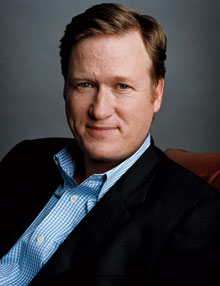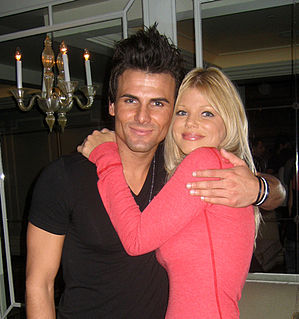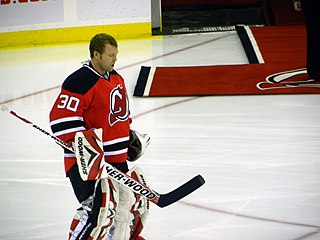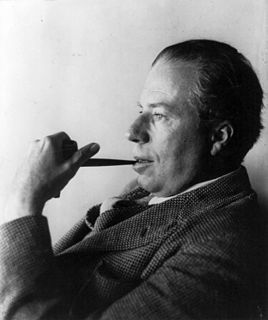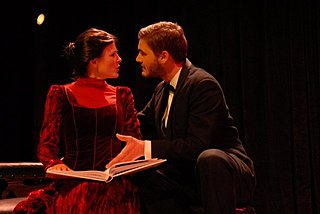A Quote by Bryan Burrough
From time to time, just about every 'Vanity Fair' writer has a chance to sell rights to an article or a book to Hollywood.
Related Quotes
One of the most useful parts of my education as a writer was the practice of reading a writer straight through - every book the writer published, in chronological order, to see how the writer changed over time, and to see how the writer's idea of his or her project changed over time, and to see all the writer tried and accomplished or failed to accomplish.
Books are just dead words on paper and it is the readers who bring the stories alive. Previously, writers wrote a book and sent it out into the world. A couple of months after publication letters from readers might arrive. And, leaving aside the professional reviews, it is really the reader's opinions that the writer needs. They vote for a book - and a writer - with their hard earned cash every time they go into a bookstore (or online - that's my age showing!) and buy a book.
That's one thing I like about Hollywood. The writer is there revealed in his ultimate corruption. He asks no praise, because his praise comes to him in the form of a salary check. In Hollywood the average writer is not young, not honest, not brave, and a bit overdressed. But he is darn good company, which book writers as a rule are not. He is better than what he writes. Most book writers are not as good.
The success [of the X-Men], I think, is for two reasons. The first is that, creatively, the book was close to perfect ... but the other reason is that it was a book about being different in a culture where, for the first time in the West, being different wasn't just accepted, but was also fashionable. I don't think it's a coincidence that gay rights, black rights, the empowerment of women and political correctness all happened over those twenty years and a book about outsiders trying to be accepted was almost the poster-boy for this era in American culture.
